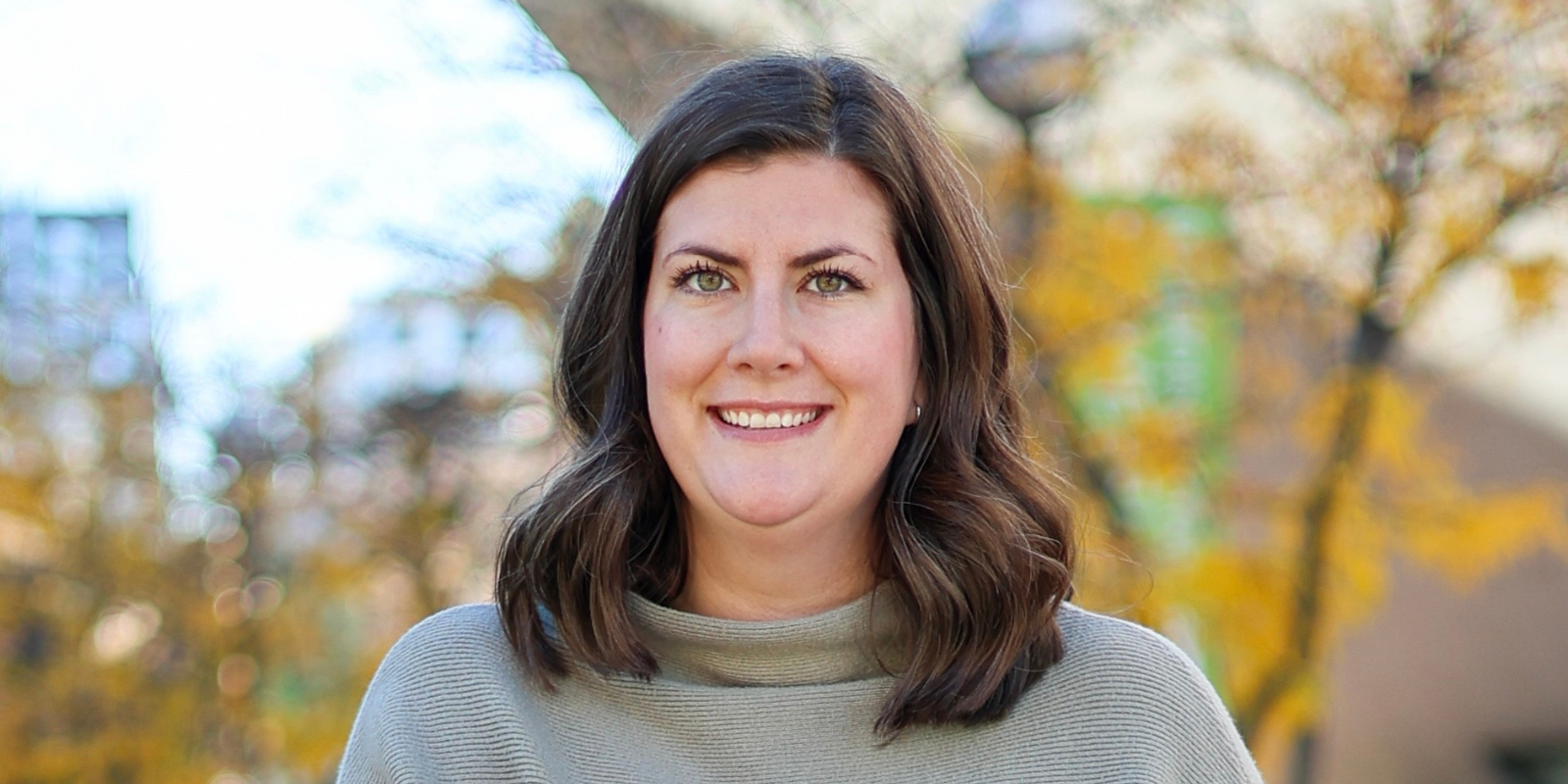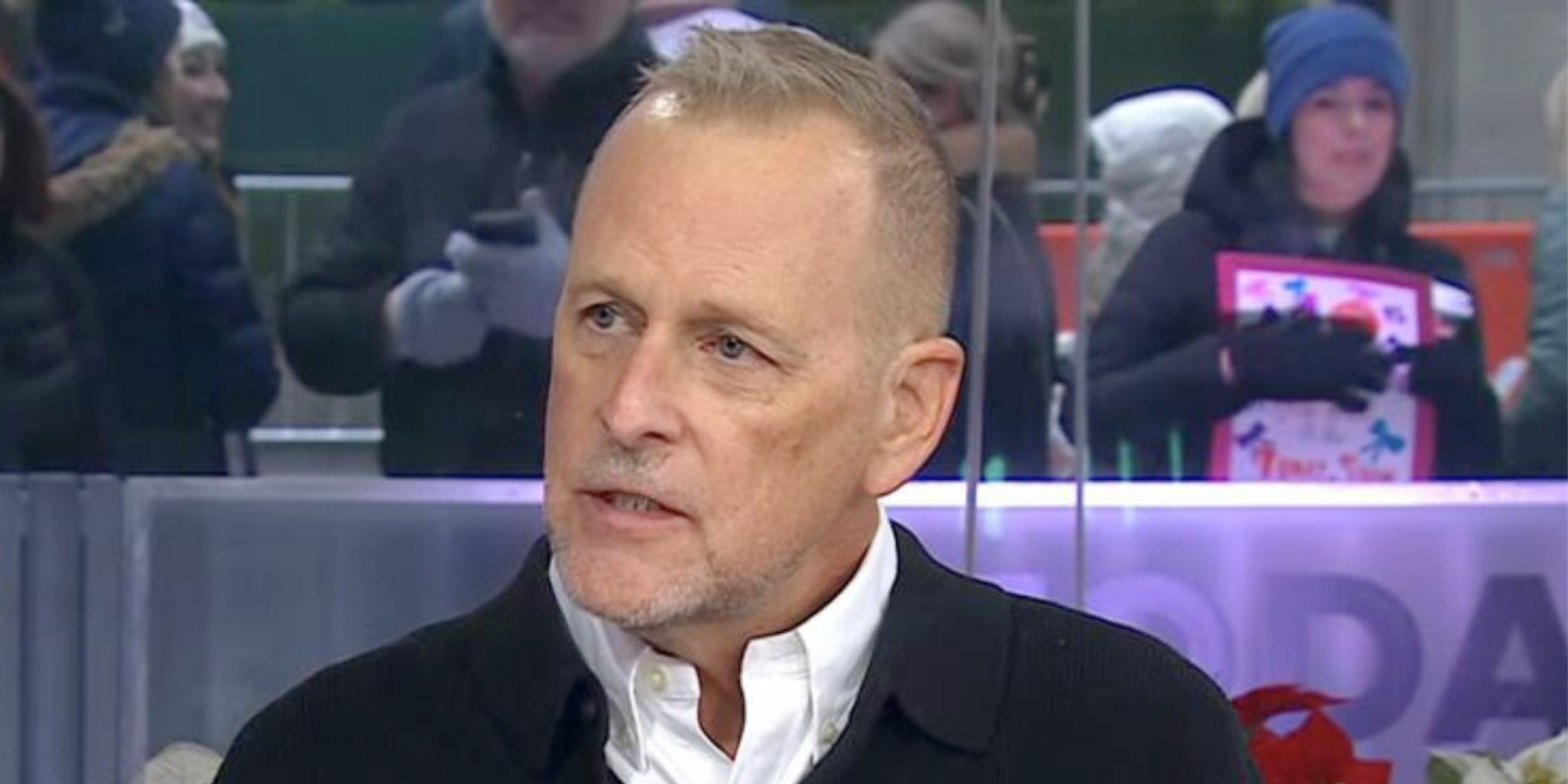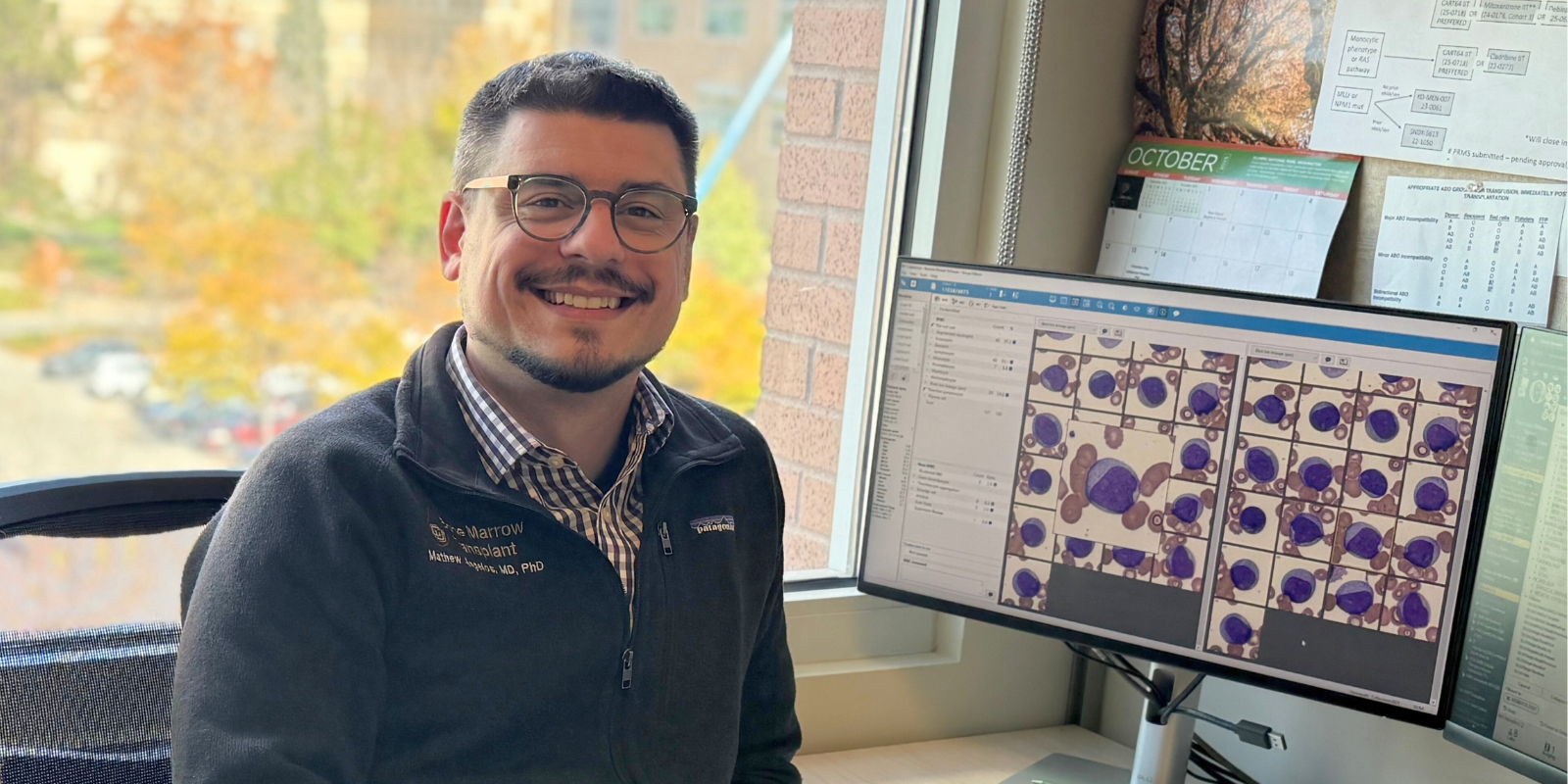It was all his grandma’s doing, says University of Colorado Cancer Center member Paul Maroni, MD.
When Maroni and his brother were young, their grandmother used to joke with them, telling them Paul would grow up to be a doctor and his brother, Peter, would grow up to be a lawyer.
“I think it was just the respect that those professions commanded that our family wanted us to consider those,” Maroni says. “I was pretty open-minded when I went to college. I did the premedical curriculum as my primary area of study, but I was open to the idea that something else may pique my interest, and I’d want to do that.”
But his grandmother’s words stuck in his head, and once Maroni went to medical school at the University of Illinois, his fate was sealed.
“Once I got into the anatomy lab and started picking apart human organs, that’s when I fell in love with surgery and realized the miracle of the human body,” he says. “The way the chemistry and the anatomy and everything interacts is so spectacular, and the fact that we could actually get in there and do an operation and put somebody back together, and they heal up from that, and they do well? That was pretty amazing to me.”
Finding a home in Colorado
After receiving his MD from the University of Illinois, Maroni came to the CU School of Medicine in 2000 for his residency. Aside from a yearlong fellowship in urologic oncology at the University of Indiana early in his career, he’s been in Colorado ever since. Now an associate professor of surgery in the Division of Urology, he also is co-clinical director of urologic oncology for the CU Cancer Center, treating patients with prostate cancer, testicular cancer, bladder cancer, and kidney cancer.
“This has been a great place to work,” Maroni says. “I love being out here; people are friendly. My brother lives in Fort Collins, and the rest of my immediate family have all moved to Colorado now as well.”
A problem-solver by nature, Maroni was drawn to cancer care because it combined his love of surgery with strategic thinking that is different for each patient he treats.
“There is a thoughtful component to this,” he says. “It’s like, ‘OK, surgery is an option here, but it’s not the only option. What can we do to supplement this with good radiation treatments or good chemotherapies?’ In prostate cancer specifically, there’s a more nuanced discussion about what treatment means, how it impacts sexual function, how it impacts urinary function. It’s a more challenging cancer to treat, but it can be very satisfying when people do well.”
Patient focus
Maroni also appreciates the long-term relationships he is able to develop with patients over time, and the shared decision-making that goes into a successful treatment with which a patient is comfortable. And since most men with prostate cancer will die from another cause, he says, an important part of his role is educating his patients about other health issues.
“They might be concerned about a prostate cancer that I know is not going to be a big problem for them in the next 10 to 20 years, but I observe that they’re struggling with other issues — maybe they’re overweight, or their cholesterol is high, or we might spend some time talking about sleep and the importance of exercise,” he says. “When I get the opportunity, I try to spend some time talking with them about more global aspects of their health.”
Confronting burnout
Other aspects of Maroni’s job are conducting research and leading clinical trials — including a recent trial testing the effects of grape seed extract on the spread of prostate cancer — and being an advocate for physicians in the area of burnout. He speaks on the issue annually at the American Urological Association convention.
“We put a big focus on patient safety, and I think that sustaining your workforce is patient safety,” he says. “If you don’t have the right personnel in place, that’s a patient safety issue. In their desire to improve patient safety, our leadership will sometimes create a new regulation or a requirement that has the unintended consequence of contributing to physician burnout. I think there needs to be more awareness around the implications of some of these things
When those burnout risks are managed successfully, however, Maroni can’t think of a more rewarding job than being a cancer surgeon — especially at the CU Cancer Center, where patients have more options than they might at other facilities.
“One of the nice things about being at the University of Colorado is that we can take our patients through their cancer journey with advanced diagnostics and technology, clinical trials, special kinds of imaging, and new treatments,” he says. “We’re pretty fortunate to be able to offer that to patients here.”



